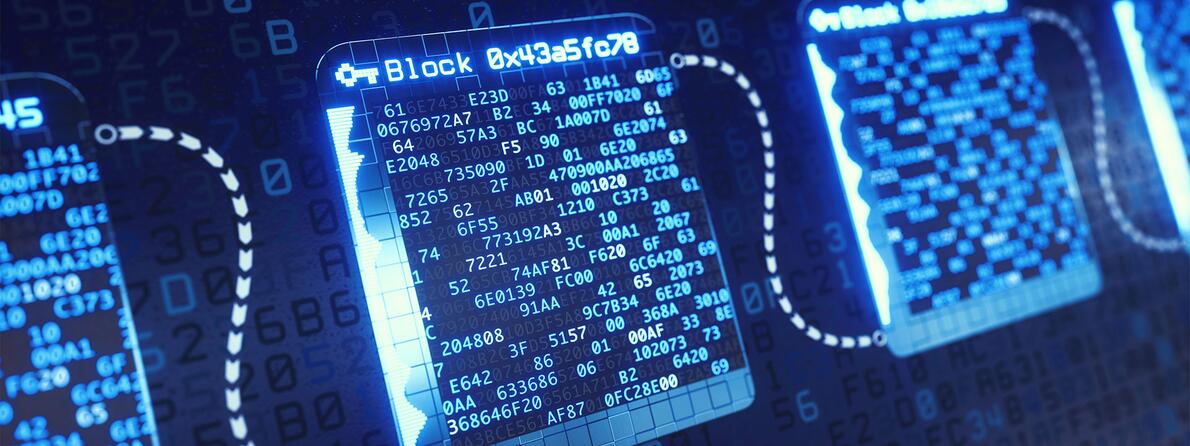The goal of the project is to foster sustained, positive aquaculture sector growth through an inclusive market systems approach.
WorldFish, in partnership with Chenna-based ByteAlly Software, has implemented a blockchain traceability system for a new breed of fast growing carp aquaculture among selected participants in Jessore, Bangladesh, with the aim of creating a traceable environment, including market tracking -relevant data from the entire aquaculture range. Mobile and web application chain participants Bangladesh Aquaculture Activity (BAA) is a five-year PIO activity (2018-2023) with $ 24.5 million funding from the United States Agency for International Development (USAID). BAA is active in 21 districts in the south -west Bangladesh and two districts in the southeast. The BAA sustainably improves the livelihoods of fish farmers and other players in the aquaculture market by applying a market system approach.
The aquaculture industry collects a significant amount of data, but because critical data is relatively inaccessible, the potential for using it effectively remains a challenge. Blockchain can play an important role in collecting and analyzing this data. ByteAlly has performed extensive fieldwork, with a representative visiting 30 companies to learn about their daily activities. This project aims to build trust among market participants through appropriate optimization of the offer in order to use clean data. Data entry into the application is possible on three levels: brooders, nurseries, and grow-out farms. Training manuals have been developed for all three participants, including live support for farmers through phone calls. ByteAlly recently hosted a webinar with industry leaders, logistics players, small organizations and IT solutions companies to share their key findings.
They also set up a forum to get feedback from industry leaders on their interest in blockchain traceability. They also develop farm-friendly mobile apps that upload data to blockchain systems. The project aims to reach 1,000 smallholders and other market participants in 2 to 3 years and 10,000 companies in a period of 3 to 5 years.
“I dream that every aquaculture farmer in Bangladesh receives the correct value for their hard work. I firmly believe that blockchain technology can help us realize that dream,” said Md Imtiaj Haque, senior market system specialist, Bangladesh Aquaculture Activity WorldFish Bangladesh.
Source link













